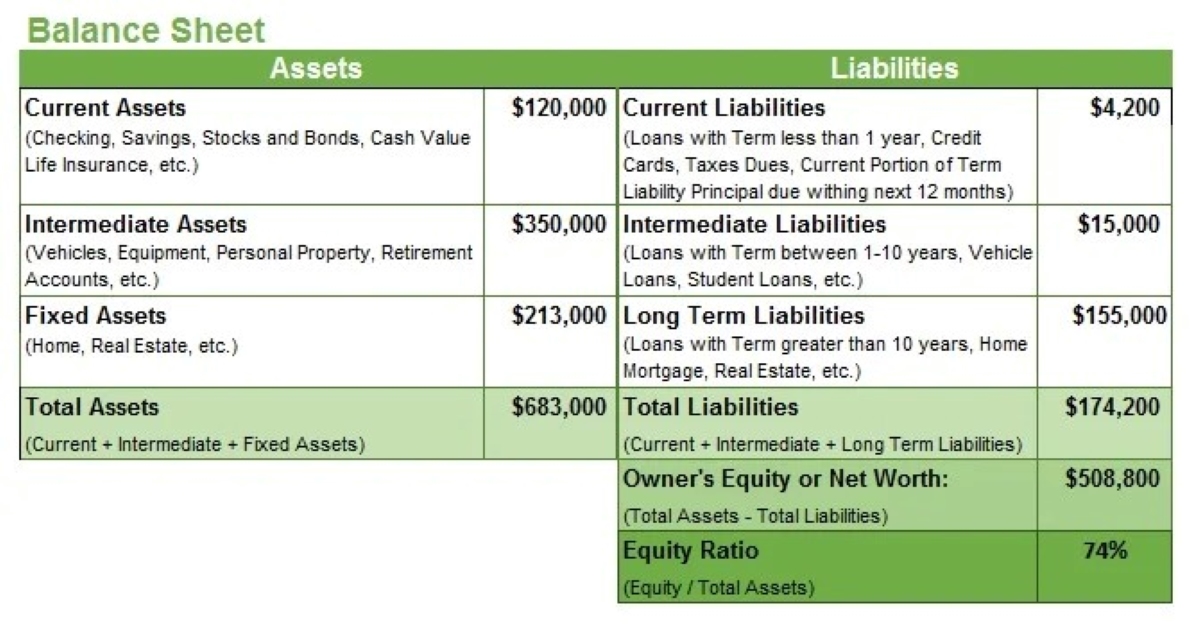

Finance
Land Contract Definition
Published: December 16, 2023
Learn the definition of a land contract and how it can be a flexible financing option for buyers and sellers in the real estate market. Finance your dream property with this innovative arrangement.
(Many of the links in this article redirect to a specific reviewed product. Your purchase of these products through affiliate links helps to generate commission for LiveWell, at no extra cost. Learn more)
Understanding Land Contracts in Real Estate
When it comes to real estate transactions, buyers and sellers have various options to consider. One alternative to traditional mortgage financing is a land contract. In this blog post, we will dive deep into the world of land contracts, covering everything from the definition and advantages to the risks and considerations involved.
Key Takeaways:
- Land contracts are agreements between the buyer and seller where the buyer pays the seller in installments over a set period of time, with the seller retaining ownership until the contract is fully paid.
- Land contracts offer flexibility to buyers who may not qualify for traditional mortgage loans or prefer to bypass the traditional banking system.
So, what exactly is a land contract? A land contract, also known as a contract for deed or installment sale agreement, is a type of real estate agreement where the buyer makes payments directly to the seller until the full purchase price is paid off. Unlike a traditional mortgage where the buyer obtains financing from a lender, in a land contract, the seller effectively acts as the financier.
Here are some key aspects of land contracts:
- Ownership: The seller retains legal ownership of the property until the buyer fulfills the payment obligations laid out in the contract.
- Payment Terms: The buyer typically makes monthly installment payments, including principal and interest, over an agreed-upon period of time, usually 5 to 10 years.
- Down Payment: Unlike traditional mortgage loans, land contracts may require a smaller down payment or even no down payment at all.
- Interest Rate: The interest rate on a land contract is usually higher than traditional mortgage rates as it reflects the risk associated with seller financing.
- Property Condition and Taxes: The buyer is often responsible for maintaining the property and paying property taxes during the contract term.
- Default and Foreclosure: If the buyer fails to make timely payments as stipulated in the contract, the seller may have the right to terminate the contract and retain ownership of the property.
Land contracts can be an attractive option for buyers who may not qualify for traditional mortgage loans due to credit issues or other reasons. Additionally, it provides a way for sellers to sell their properties without having to rely on banks or other financial institutions.
However, it’s essential to consider the risks and considerations associated with land contracts:
- Risky for Buyers: If the buyer defaults on payment, they may forfeit all the money invested, including any improvements made on the property.
- Unclear Title: Until the contract is fully paid off, the buyer may not have legal ownership of the property, which could complicate matters if they wish to sell or refinance.
- Potential Legal Issues: Both parties must carefully review and understand the terms of the agreement to avoid any legal disputes or complications down the line.
- Alternative Financing: Buyers should explore other financing options and compare the terms and costs before committing to a land contract.
As with any real estate transaction, it is crucial to consult with professionals such as real estate attorneys and financial advisors before entering into a land contract to ensure all aspects are thoroughly understood and protected.
In summary, a land contract is a non-traditional financing option for real estate transactions where the seller acts as the financier. It offers flexibility to buyers who may not qualify for traditional mortgages, but it also comes with certain risks and considerations that need to be carefully evaluated. Ultimately, whether a land contract is suitable for you depends on your unique financial circumstances and goals.














